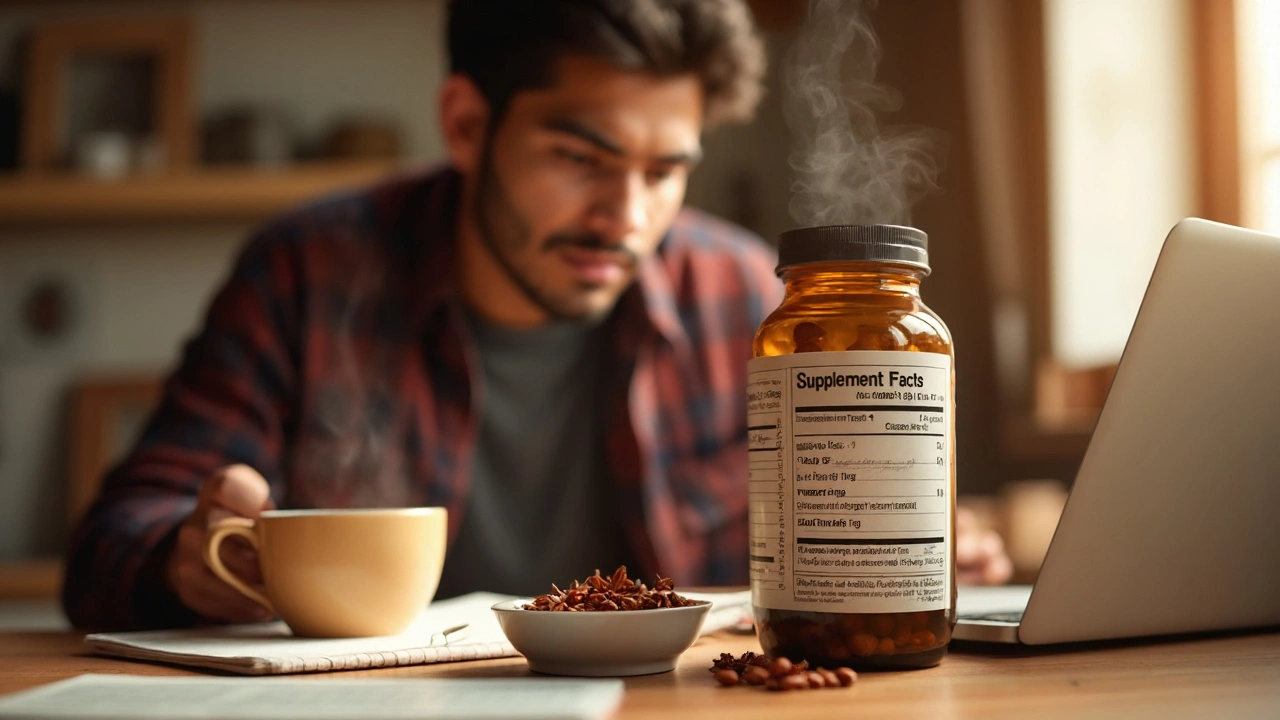Star Anise Supplements – What They Are and Why You Might Want One
Star anise (Illicium verum) isn’t just a pretty spice for mulled wine. The dried fruit contains a compound called shikimic acid, which is the raw material for the antiviral drug oseltamivir (Tamiflu). Because of that, many people turn to star anise extracts as a natural supplement for flu‑season support, digestive health, and antioxidant protection.
Unlike the ornamental Chinese star anise (Illicium anisatum), which is toxic, the culinary variety is safe when processed correctly. The supplement market now offers capsules, powders, and liquid tinctures that concentrate the active ingredients. If you’re curious, let’s break down the real benefits, how much to take, and what to watch out for.
Key Benefits Backed by Research
1. Antiviral potential – Shikimic acid was the starting point for Tamiflu, so laboratory studies show it can inhibit influenza virus replication. Human data are limited, but using a star‑anise supplement during a cold spike may give a modest edge.
2. Anti‑inflammatory & antioxidant effects – The essential oil, rich in anethole, reduces markers of inflammation in small trials and helps neutralize free radicals. People with mild joint aches or oxidative stress sometimes report feeling less achy.
3. Digestive comfort – Traditional Chinese medicine uses star anise to soothe the stomach. Modern users say the gentle carminative action eases bloating and gas after heavy meals.
How Much is Right?
Most supplement manufacturers suggest 500 mg to 1 g of standardized star anise extract per day, split into two doses. If you’re using a powder, a typical serving is about a half‑teaspoon (≈2 g) mixed into a smoothie. For capsules, look for 250 mg per pill and aim for two to four per day, depending on the concentration.
Start low—especially if you’re new to herbal extracts—and see how your body reacts. There’s no one‑size‑fits‑all number, but staying under 2 g of raw powder daily keeps you well beneath any safety thresholds noted in the literature.
Tip: Take the supplement with food. The fats in a meal improve absorption of the oil‑soluble compounds, and it also reduces the chance of stomach upset.
Safety Checklist
Star anise is generally safe for adults, but there are a few red flags:
- Pregnancy & breastfeeding – No solid studies, so it’s best to skip it unless your doctor says otherwise.
- Allergies – If you react to licorice, anise, or fennel, you might be sensitive to star anise too.
- Medication interactions – Shikimic acid can affect how the liver processes certain drugs, especially antiviral meds and blood thinners. Double‑check with your pharmacist.
- Quality concerns – Only buy products that are third‑party tested for purity. Cheap bulk powders sometimes contain filler or even the poisonous Chinese star anise.
When you spot a reputable brand, you’ll usually see a batch‑specific certificate of analysis (COA) on the label or the company’s website.
Choosing a Good Product
Look for these hallmarks:
- Standardized to contain at least 10‑15 % shikimic acid.
- GMP‑certified manufacturing facility.
- No artificial additives, preservatives, or unnecessary fillers.
- Positive user reviews that mention clear labeling and consistent flavor (if it’s a powder).
Grab a bottle that meets these criteria, start with a low dose, and monitor how you feel over a week. If you notice any stomach upset, rash, or unusual symptoms, stop and talk to a health professional.
Star anise supplements can be a handy addition to a balanced diet, especially when flu season rolls around. They’re not a magic cure, but when used responsibly they offer antiviral, anti‑inflammatory, and digestive perks that many users appreciate. Keep the dosage sensible, choose a quality brand, and you’ll be set to enjoy the spice’s benefits without the guesswork.

Star Anise Supplements for Immunity & Inflammation: Benefits, Dosage, and Safety (2025 Guide)
Do star anise supplements really help immunity and inflammation? Get evidence, safe dosage, forms, side effects, and buying tips-clear, science-backed, 2025.
Aug 13 2025




